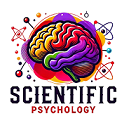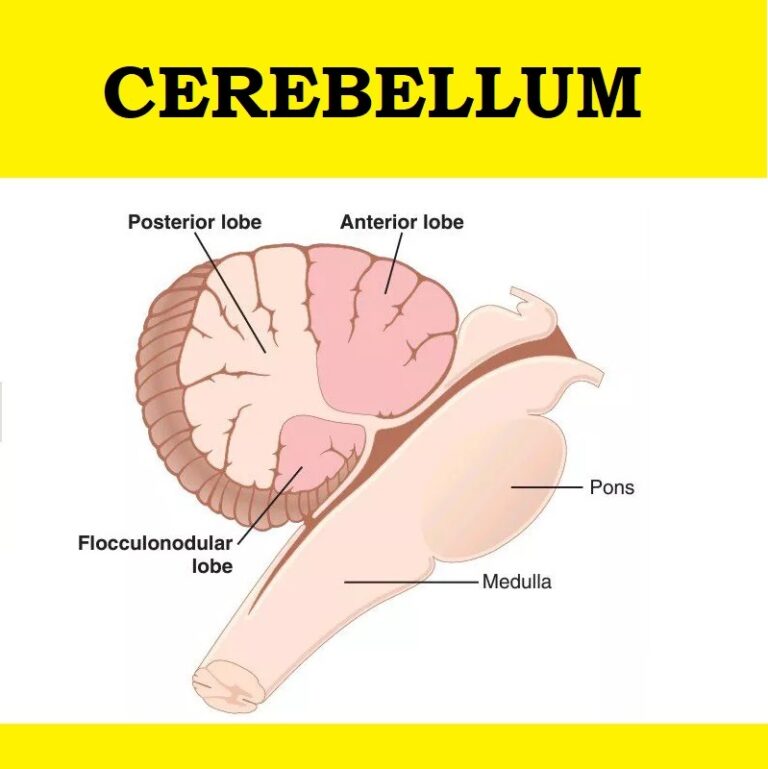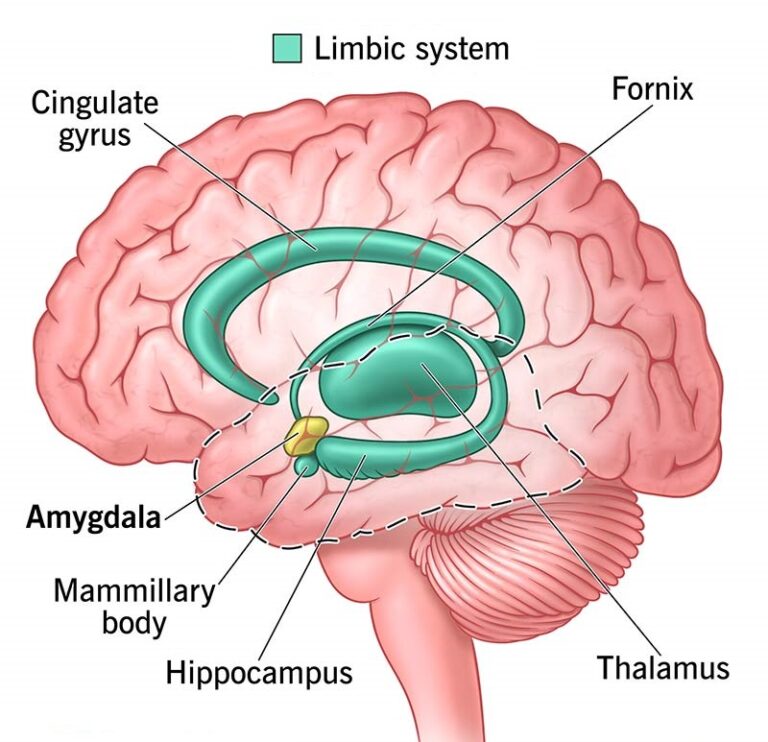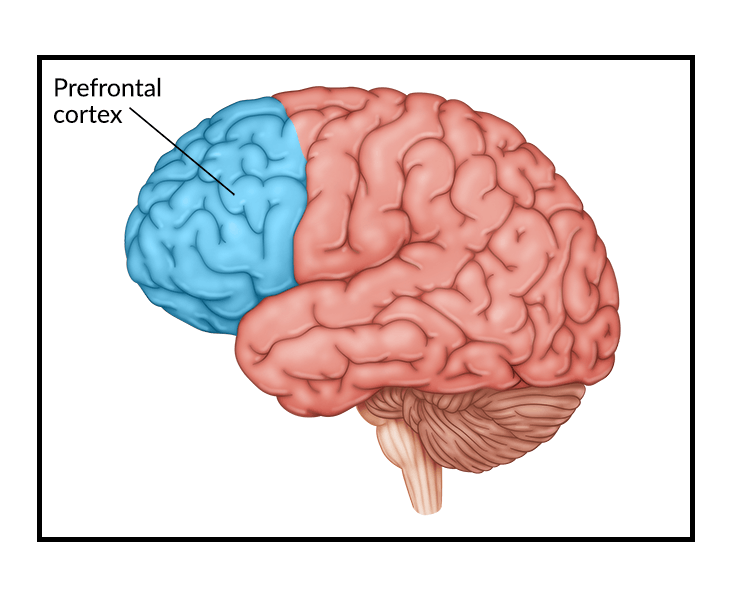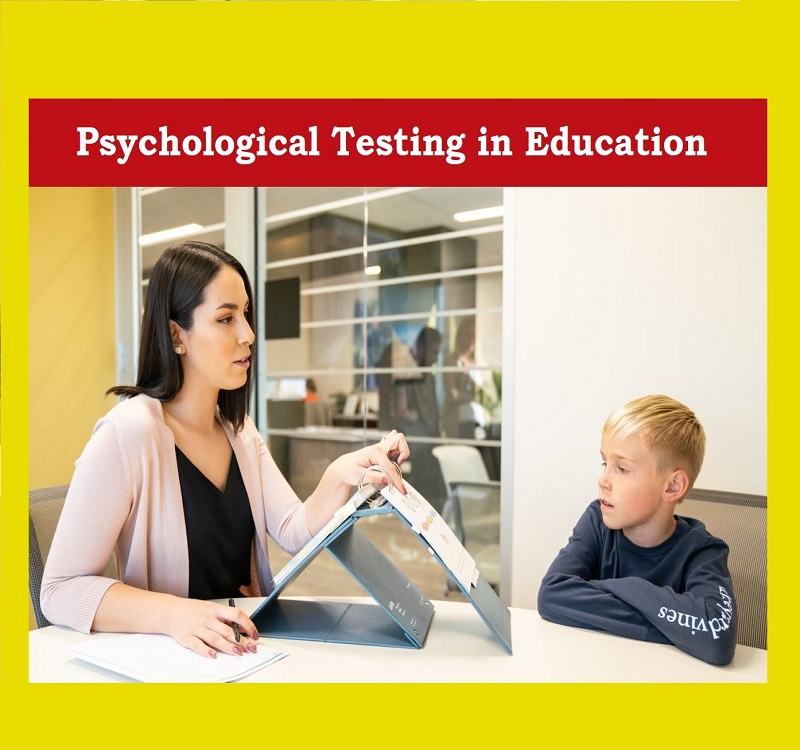
Psychological testing in education plays a pivotal role in understanding student abilities, behavior, and learning needs. These tests provide insights into cognitive, emotional, and social functioning, enabling educators, counselors, and administrators to design effective interventions and strategies. The applications of psychological testing in education encompass areas like aptitude testing, learning disabilities diagnosis, personality assessment, and career guidance.
1. Applications in Identifying Learning Needs
1.1 Aptitude Testing
Aptitude tests assess a student’s natural abilities and potential to excel in specific areas. These tests are useful in identifying strengths and guiding educational and career paths.
Common Tests:
- Differential Aptitude Test (DAT)
- Scholastic Aptitude Test (SAT)
Example: A student scoring highly in verbal reasoning and numerical aptitude on the DAT might be encouraged to pursue careers in law, business, or finance.
Scenario: A school counselor uses the DAT to evaluate a 10th-grade student struggling to choose between humanities and science. Based on the test results, the counselor identifies the student’s natural strength in problem-solving and logical reasoning, recommending a focus on STEM subjects.
Research Finding: A study by Linn (1993) emphasized the predictive validity of aptitude tests like the SAT in forecasting academic performance in higher education.
1.2 Diagnosis of Learning Disabilities
Psychological testing is crucial for diagnosing learning disabilities, such as dyslexia, dysgraphia, or dyscalculia. Tests like the Wechsler Intelligence Scale for Children (WISC) and Woodcock-Johnson Tests of Achievement assess specific cognitive and academic deficits.
Scenario: A teacher notices a student’s difficulty in reading comprehension despite adequate classroom effort. Administering the WISC-V reveals significant discrepancies between the child’s verbal comprehension index and working memory index, leading to a diagnosis of dyslexia.
Table: Signs of Common Learning Disabilities and Related Psychological Tests
| Learning Disability | Signs | Psychological Test |
|---|---|---|
| Dyslexia | Difficulty in reading fluency | WISC-V, Woodcock Reading Mastery |
| Dysgraphia | Poor handwriting and spelling | Wide Range Achievement Test |
| Dyscalculia | Trouble with math concepts | KeyMath Diagnostic Assessment |
Research Finding: A meta-analysis by Swanson and Jerman (2007) found that cognitive tests effectively differentiate between children with and without learning disabilities, enabling targeted interventions.
Take Free Computer Based Psychological Tests
Get Immediate Results Completely Free !!
2. Monitoring Academic Progress
Psychological testing helps educators monitor students’ academic progress and identify areas requiring improvement. Tests like standardized achievement tests measure how well students meet educational goals.
2.1 Achievement Testing
These tests evaluate academic skills in subjects like math, reading, and science. Examples include the California Achievement Test (CAT) and the Iowa Test of Basic Skills (ITBS).
Example: A teacher administers the ITBS to assess how students perform compared to national standards. Students scoring below the 25th percentile receive additional tutoring in weak areas.
Research Finding: Research by Good et al. (2001) highlighted the role of standardized testing in identifying achievement gaps, particularly in underprivileged school districts.
Take Free Computer Based Psychological Tests
Get Immediate Results Completely Free !!
3. Social and Emotional Assessment
Understanding students’ social and emotional functioning is critical for fostering a supportive learning environment. Emotional intelligence (EI) assessments and behavioral inventories help identify issues like anxiety, depression, or poor peer relationships.
3.1 Emotional Intelligence (EI) Assessment
Tests like the Bar-On Emotional Quotient Inventory (EQ-i) measure students’ emotional intelligence, providing insight into their ability to manage emotions and build relationships.
Scenario: A high school counselor uses the EQ-i to identify students with low EI who may struggle with interpersonal skills. These students are enrolled in social skills training workshops.
Research Finding: A study by Petrides et al. (2004) demonstrated that students with high emotional intelligence scores tend to have better academic performance and peer relationships.
3.2 Behavioral Assessment
Behavioral inventories like the Behavior Assessment System for Children (BASC) help identify social, emotional, and behavioral problems that may interfere with learning.
Example: A teacher reports a student frequently disrupts the class. Administering the BASC-3 reveals high levels of hyperactivity and anxiety, leading to a referral for counseling and behavioral therapy.
Take Free Computer Based Psychological Tests
Get Immediate Results Completely Free !!
4. Career Counseling and Guidance
Psychological testing plays a significant role in helping students make informed career decisions by aligning their abilities, interests, and personality traits with career options.
4.1 Interest Inventories
Interest inventories, like the Strong Interest Inventory (SII) and Holland’s Self-Directed Search (SDS), evaluate students’ career interests and preferences.
Example: A student unsure about their career direction takes the SDS, which categorizes them under the “Realistic” personality type. Based on this result, the counselor suggests careers in engineering or agriculture.
Research Finding: A study by Holland (1997) found that aligning students’ career interests with their personality traits significantly improves job satisfaction and career success.
4.2 Personality Assessment
Tests like the 16 Personality Factor (16PF) and the Big Five Personality Test are used to match students’ personalities to compatible career fields.
Scenario: A student taking the 16PF demonstrates high levels of creativity and openness, leading counselors to recommend careers in arts or advertising.
Take Free Computer Based Psychological Tests
Get Immediate Results Completely Free !!
5. Special Education and Individualized Education Plans (IEPs)
Psychological testing helps develop Individualized Education Plans (IEPs) for students with special needs. Tests like the Vineland Adaptive Behavior Scales assess functional and adaptive skills, ensuring appropriate accommodations in the classroom.
Example: A child with autism undergoes testing with the Vineland-II to evaluate social and communication skills. Based on the results, the IEP includes interventions like speech therapy and structured social skills training.
Research Finding: Studies by Lord et al. (2000) emphasized the importance of adaptive behavior assessments in tailoring effective interventions for children with developmental disorders.
Take Free Computer Based Psychological Tests
Get Immediate Results Completely Free !!
6. Ethical Considerations in Educational Testing
- Informed Consent: Parents and guardians must consent to psychological testing for minors.
- Fairness and Cultural Sensitivity: Tests should be free of cultural bias to ensure valid results across diverse populations.
- Confidentiality: Test results must be kept confidential and used solely for educational purposes.
7. Limitations and Criticisms
- Over-reliance on Test Scores: Critics argue that test scores do not capture the full range of a student’s abilities and potential.
- Cultural Bias: Standardized tests may favor students from certain cultural or socioeconomic backgrounds.
- Test Anxiety: High-stakes testing can induce anxiety, affecting student performance.
Conclusion
Psychological testing in education offers numerous benefits, from diagnosing learning disabilities to guiding career decisions and monitoring academic progress. However, it is essential to address ethical concerns and limitations, ensuring that these tools are used responsibly to benefit students.
By incorporating psychological assessments into educational practices, educators and administrators can create more inclusive, supportive, and effective learning environments.
References
- Good, T. L., Simmons, J. D., & Smith, R. J. (2001). The shaping of achievement through instruction in high-poverty classrooms. Journal of Educational Psychology, 93(3), 677-689.
- Holland, J. L. (1997). Making Vocational Choices: A Theory of Vocational Personalities and Work Environments. Psychological Assessment Resources.
- Linn, R. L. (1993). Educational assessment: Expanded expectations and challenges. Educational Evaluation and Policy Analysis, 15(1), 1-16.
- Lord, C., Rutter, M., & Le Couteur, A. (2000). Autism Diagnostic Interview-Revised: A revised version of a diagnostic interview for caregivers of individuals with possible pervasive developmental disorders. Journal of Autism and Developmental Disorders, 24(5), 659-685.
- Petrides, K. V., Fredrickson, N., & Furnham, A. (2004). The role of trait emotional intelligence in academic performance and deviant behavior at school. Personality and Individual Differences, 36(2), 277-293.
- Swanson, H. L., & Jerman, O. (2007). The influence of working memory on reading growth in subgroups of children with reading disabilities. Journal of Educational Psychology, 99(2), 343-349.
